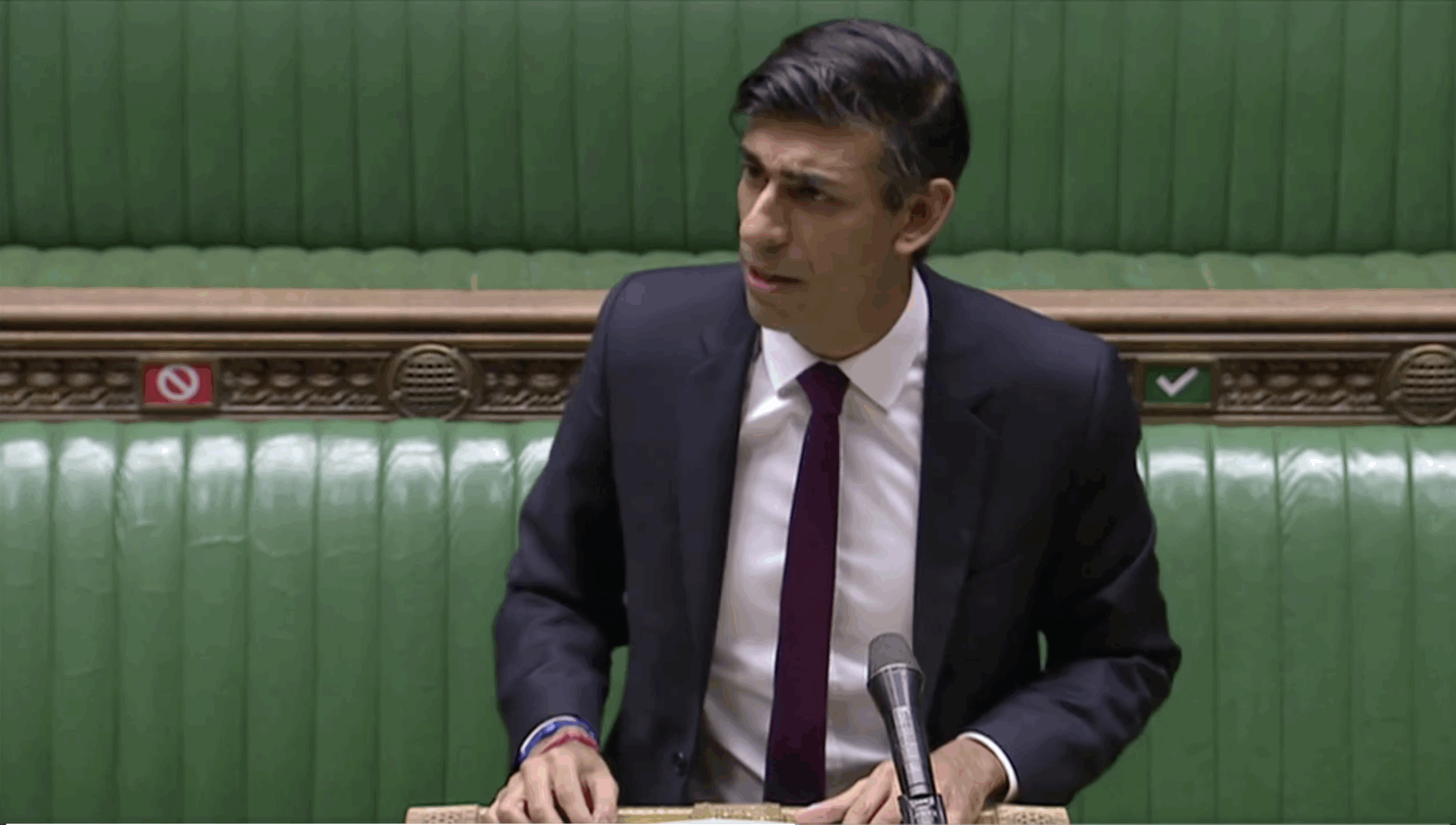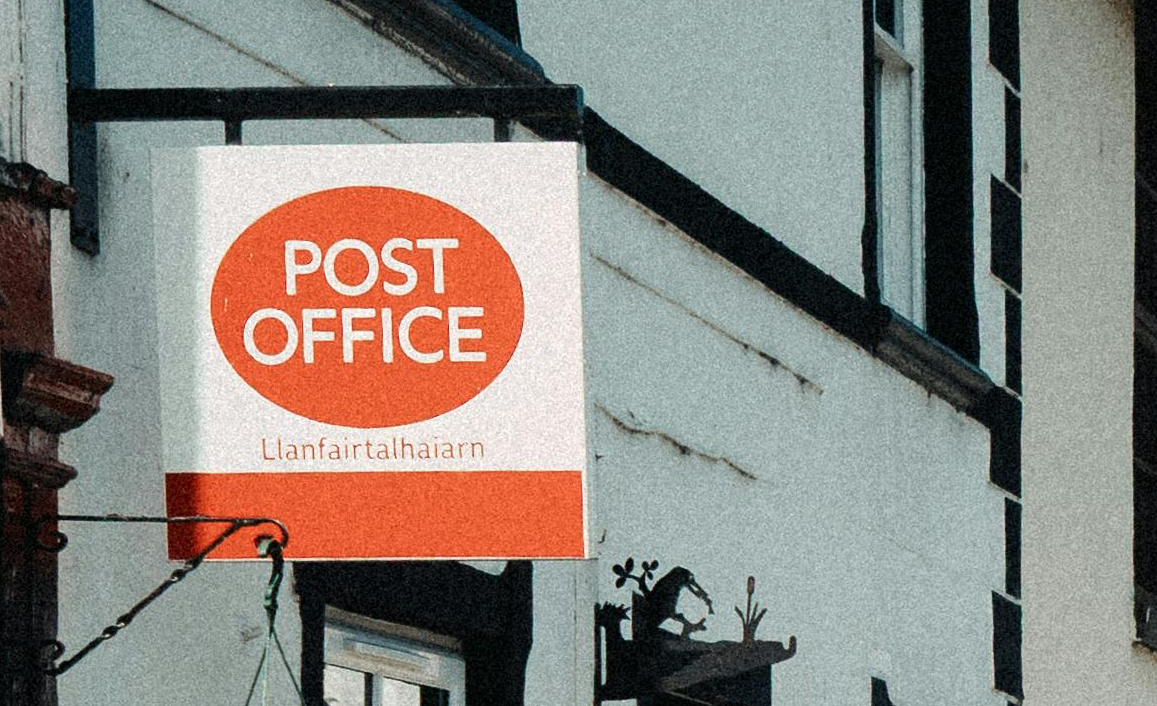The former PM has been approved by Acoba to accept paid positions with two major tech firms, but has indicated that he will donate the salaries to his numeracy charity
Former prime minister Rishi Sunak has been approved by government’s anti-corruption watchdog to take on paid advisory roles at US tech vendors Microsoft and Anthropic.
Newly published documents from the Advisory Committee on Business Appointments – which has ceased operations this week, with its functions to be taken on by other bodies – reveal that the ex-PM recently applied for permission to take up a duo of part-time paid roles as a senior advisor to the two tech vendors.
Sunak has now been approved for both appointments – in each case subject to Acoba’s typical conditions, prohibiting the former Tory leader from lobbying on behalf of the company in question for a period of two years after leaving office. Additionally, given the profile and influence of the office in question, Sunak is subject to extra rules which “have been imposed to prevent you from having any direct engagement with the UK government and on working on matters you were involved in as prime minister”.
The position with Microsoft will “involve providing high-level strategic perspectives on macro-economic and geopolitical trends and how they intersect with innovation, regulation, and digital transformation, and speaking at the annual Microsoft Summit and other events”, according to Acoba documents.
The Anthropic appointment, meanwhile, will see the former PM “work with the senior leadership of the company… [in] providing high-level strategic perspectives on macro-economic and geopolitical trends and how they intersect with technology and society”. Sunak advised the committed that “the role will be internally facing and is akin to operating as an internal think tank”.
Both Microsoft and Anthropic told Acoba that the positions would be “appropriately ring-fenced” to avoid any conflicts of interest or unfair commercial advantage.
Neither post will involve any contact with the UK government, nor the provision of any advice on UK policy, Acoba files state. The salaries for the two roles will be donated to The Richmond Project – a charity established earlier this year by Sunak and his wife, Akshata Murty, with a focus on “improving numeracy across the UK”.
Related content
- Former top officials including GCDO Potter cleared for post-government jobs
- Ex-DWP digital chief Corbridge apologises after breach of appointment rules
- Ex-spy chief cleared for roles at trio of tech firms
In assessing the potential corruption risks of the appointments, the committee noted each of the two firms’ significant relationships with the UK and its government.
In November 2023 Sunak himself, during his prime ministerial tenure, unveiled a £2.5bn investment being made by Microsoft in AI computing infrastructure in the UK. His successor, Keir Starmer, recently announced a further £22bn to be committed by the software giant as part of the ‘Tech Prosperity Deal’ agreed between the US and UK.
Anthropic, meanwhile, agreed a memorandum of understanding with the government earlier this year that will see the two parties collaborate on exploring the potential of AI to improve UK public services. The company’s Claude large language model already forms the basis of the government’s new online chatbot: GOV.UK Chat.
In its advice for Sunak’s acceptance of an advisory post with the AI firm, the committee said: “As the former prime minister with overall responsibility for the UK government, your privileged position granted you power to influence decisions and unique access to high-level information. The committee recognised the risks associated with your access to information are somewhat limited due to the passage of time and political and economic changes. It also considered it likely you will be seen to have privileged insight from your dealings with the tech and AI sector as prime minister, albeit some months ago. Consequently, a condition has been imposed to limit your role and reduce the scope for risks under government rules.”
Acoba’s role was to consider applications – and rule on any potential impropriety – for former ministers and top civil servants wishing to take on new jobs after their time in government.
It was announced this summer that the body was to be abolished, with the Civil Service Commission now to provide advice to the most senior officials on their post-Whitehall careers, while the prime minister’s independent adviser on ministerial standards, Laurie Magnus, will do the same for former ministers.




